Cooperl: Interest in pig manure separation is growing
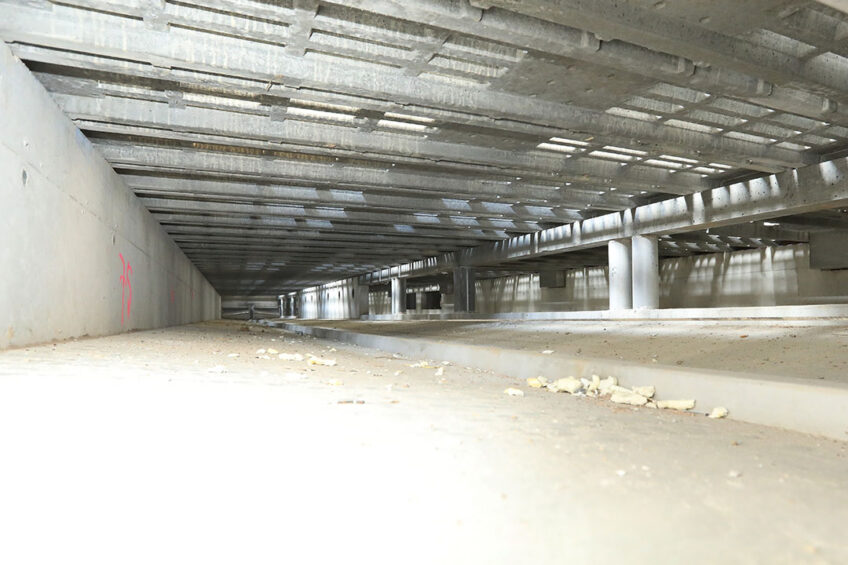
There is a growing interest in the Trac system, which is aimed at separating liquid and solid manure straightaway. By the end of 2021, about 100 pig farms in the French Cooperl cooperative will have installed the system.
The first farms started with the Trac system about 10 years ago. At the moment, the number of farms using the system is 92 and another 6 farms are being equipped with the technology during this spring.
Separating liquid and solid manure at the origin
The system separates liquid and solid manure at the origin and stores it outside the pig houses. Those pig houses are equipped with a system instead of a manure pit underneath the pens. The thick fraction of the manure will be pulled away using chains and slides more than once per day. The liquid manure will simply leak away in a controlled manner using gravity.
Trac was primarily developed to deal with phosphate surpluses in the French pig industry. Cooperative Cooperl will collect the thick, phosphate-rich fraction at its members. Annually, the cooperative is collecting about 34,000 tonnes of solid manure, which will processed in the cooperative’s large digester. The cooperative will also use rest products from an adjacent slaughterhouse for that. The large digester will produce 7.5 million m3 of biogas. The digestate will then be dried and converted to fertiliser.
At the moment the production of organic fertiliser is between 80,000 and 100,000 tonnes/year.

Interested to see what it looks like on-farm? that had applied the Trac system
Additional costs for a Trac system
From the revenues of the biogas and fertiliser, Cooperl will be capable of paying its members for the manure’s solid fraction, i.e. € 20/tonne. That money is necessary as the added costs for a pig house with the Trac system is about € 150 per pig place, when assuming that the pigs are kept on a completely slatted floor, which is conventional in France.
At the moment, the manure’s most valuable component is gas, said Pierre Le Guilloux, director of Cooperl’s business unit livestock equipment. Nevertheless, sales of the fertiliser are growing too – it took time to grow over the last 15 years. In the past, sales of dry organic fertiliser went fine in the first 3 months of every year and after harvest, as from September. In the months in between, stocks would grow. At the moment, however, there’s a demand to fertiliser all year round.

Thoughts about another digester
The fertiliser could annually deal with 38,000 tonnes of solid manure, a capacity which will be reached by next year. There are no concrete plans as yet, but Cooperl staff are already having some initial plans towards the construction of a 2nd digester as well as the production of additional fertiliser. Le Guilloux said that the limits of the current production capacity are approaching.
The interest to invest in Trac will continue to grow. Later this year, a second, robotised version will hit the market. Thus, the supply of solid manure will continue to grow in Brittany, where Cooperl is located.
 Beheer
Beheer
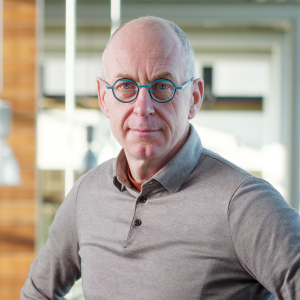
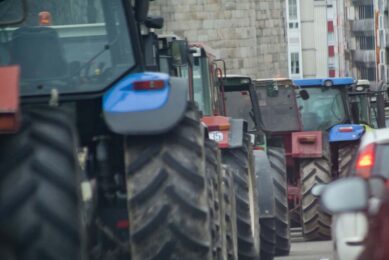
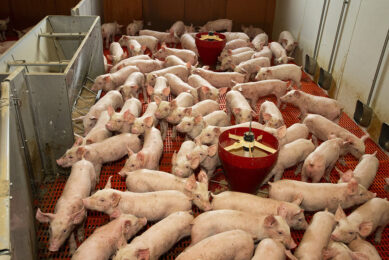
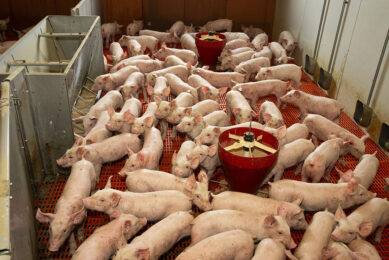
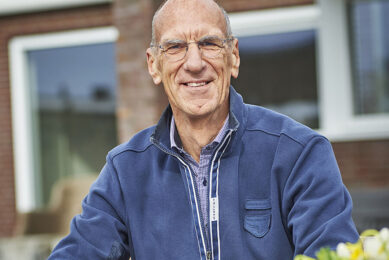



 WP Admin
WP Admin  Bewerk bericht
Bewerk bericht